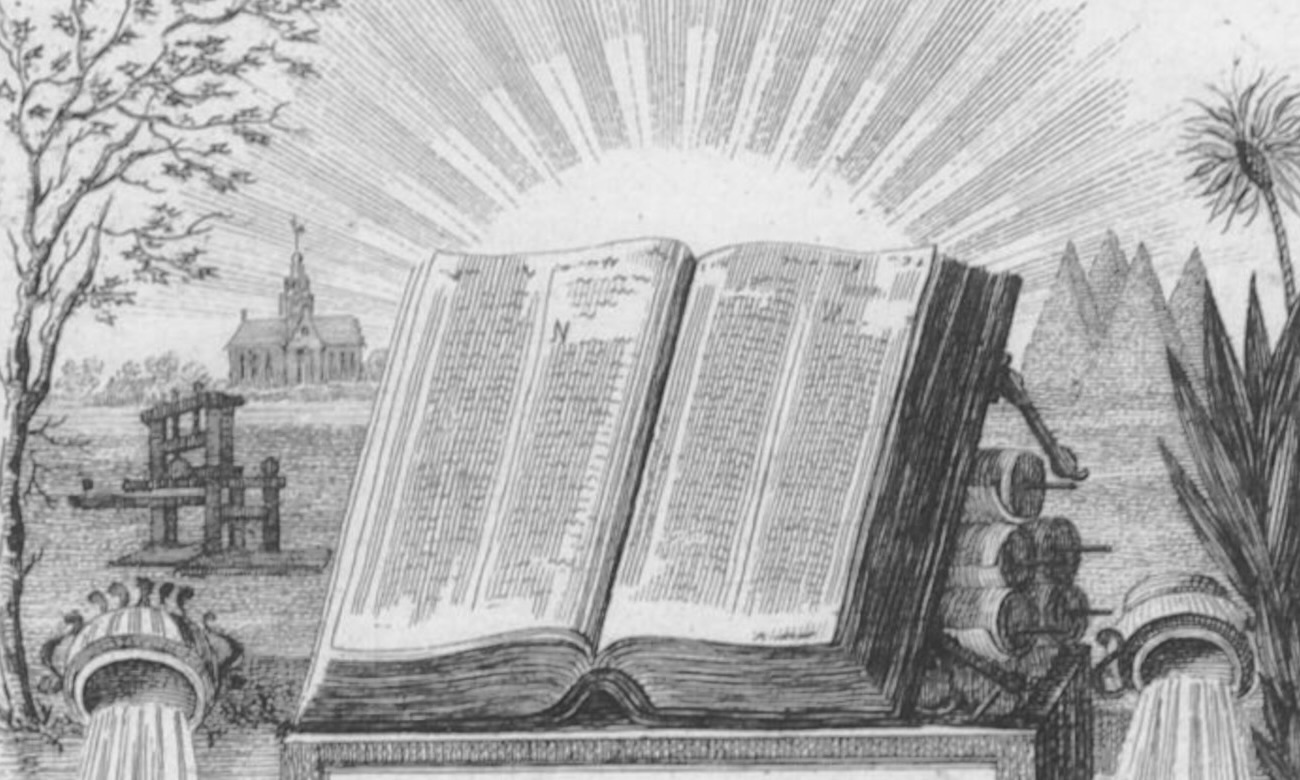COMMUNIA: Policy Paper on access to publicly funded research
On April 11, 2024, COMMUNIA issued Policy Paper #17 on access to publicly funded research, proposing a change to the EU copyright law that would contribute to greater access to publicly funded research.
COMMUNIA, as an advocate for policies that expand the public domain and increase access to and reuse of knowledge, highlighted the issue of access to publicly funded research in its Policy Paper #17. Although European taxpayers are the ones who fund the research, they are often limited in accessing its findings. In many cases, they must pay publishers again to access the research results, as publishers have acquired economic exploitation rights from the researchers. The current system is contrary to the fundamental purpose of research, which aims to maximize its impact through wide accessibility in the shortest possible time.
To achieve the desired effects of research, COMMUNIA proposed in its document a three-step approach to open public access to publicly funded research immediately after its publication, in a way that a secondary publication obligation co-exists with a secondary publication right. COMMUNIA believes that by obligating researchers to republish, the public interest would be safeguarded, as this would make Open Access mandatory. More about the document.
In the Slovenian legal system, with the adoption of the Act on Scientific Research and Innovation Activities (2021) and the Regulation on the Implementation of Scientific Research Work in Accordance with the Principles of Open Science (2023), a system of retaining copyright on the results of publicly funded research has already been established. However, upgrading the current legal framework with a system of a secondary publication right would increase the efficiency of disseminating publicly funded knowledge.
On December 3, 2024, the “Knowledge Rights 21 Regional Alliance – Network of Librarians and Copyright Experts from Central and Southeastern Europe”, was officially established at a meeting hosted at the Four Points by Sheraton Ljubljana Hotel. The event was organized by Open Data and Intellectual Property Institute ODIPI and chaired by Dr. Maja Bogataj Jančič.
Recordings and presentations from all speakers at the ERA KR21 Conference Slovenia are now available on the subpage “Recordings and PPTs of Presentations by Speakers”.
Open Data and Intellectual Property Institute ODIPI invites you to a discussion organized by the European Commission Representation in Slovenia titled “Democracy in the Grip of Disinformation: What Can the EU Do?”. The event will take place on Friday, December 13, 2024, from 11:00 to 12:30 at the House of the EU in Ljubljana, Slovenia and online.
Open Data and Intellectual Property Institute ODIPI organized the ERA KR21 Conference Slovenia on December 2, 2024, with the support of the Ministry of Higher Education, Science, and Innovation of the Republic of Slovenia and the Knowledge Rights 21 (KR21) program. The Conference focused on addressing the most pressing issues in copyright regulation in the fields of science and Open Science within the European Union (EU), with particular emphasis on barriers and incentives for Open Science in copyright law. The event represented the contribution of the Government of the Republic of Slovenia to implementing European Research Area (ERA) Policy Agenda Action 2, which focuses on creating a supportive EU legislative framework for copyright and data governance.





